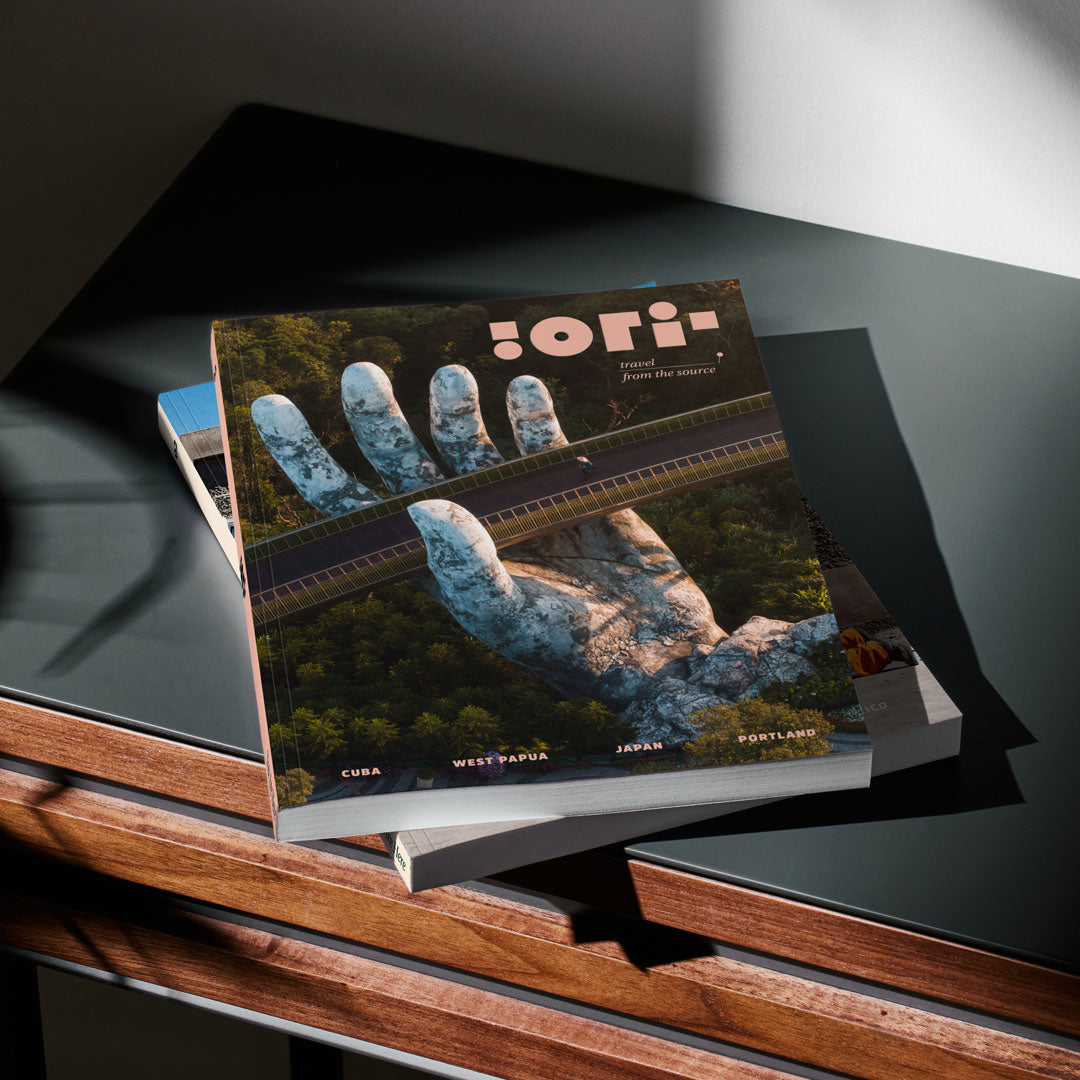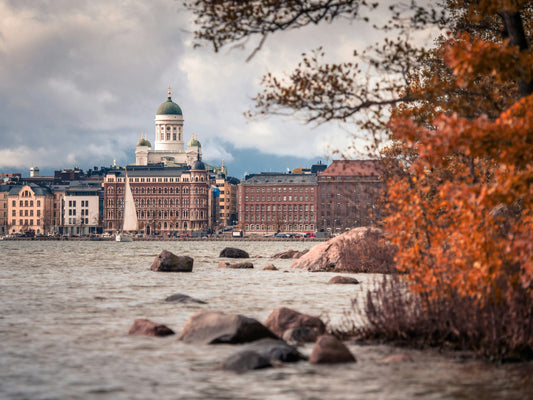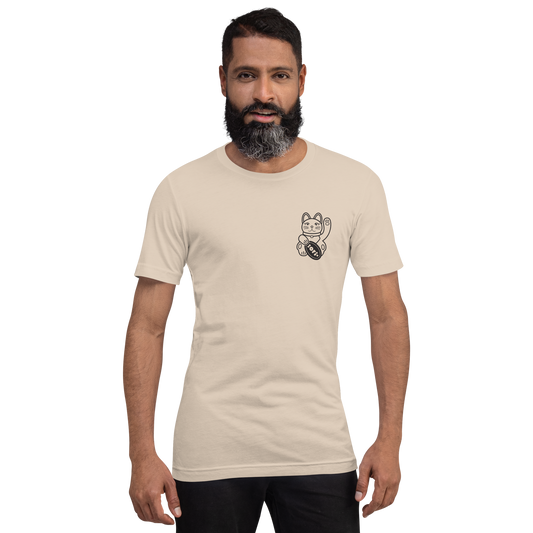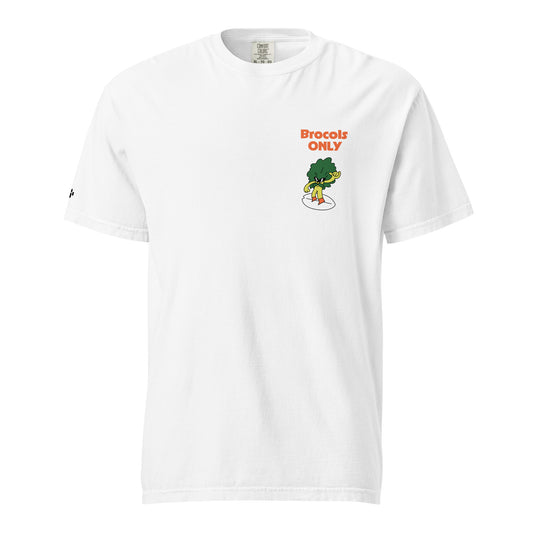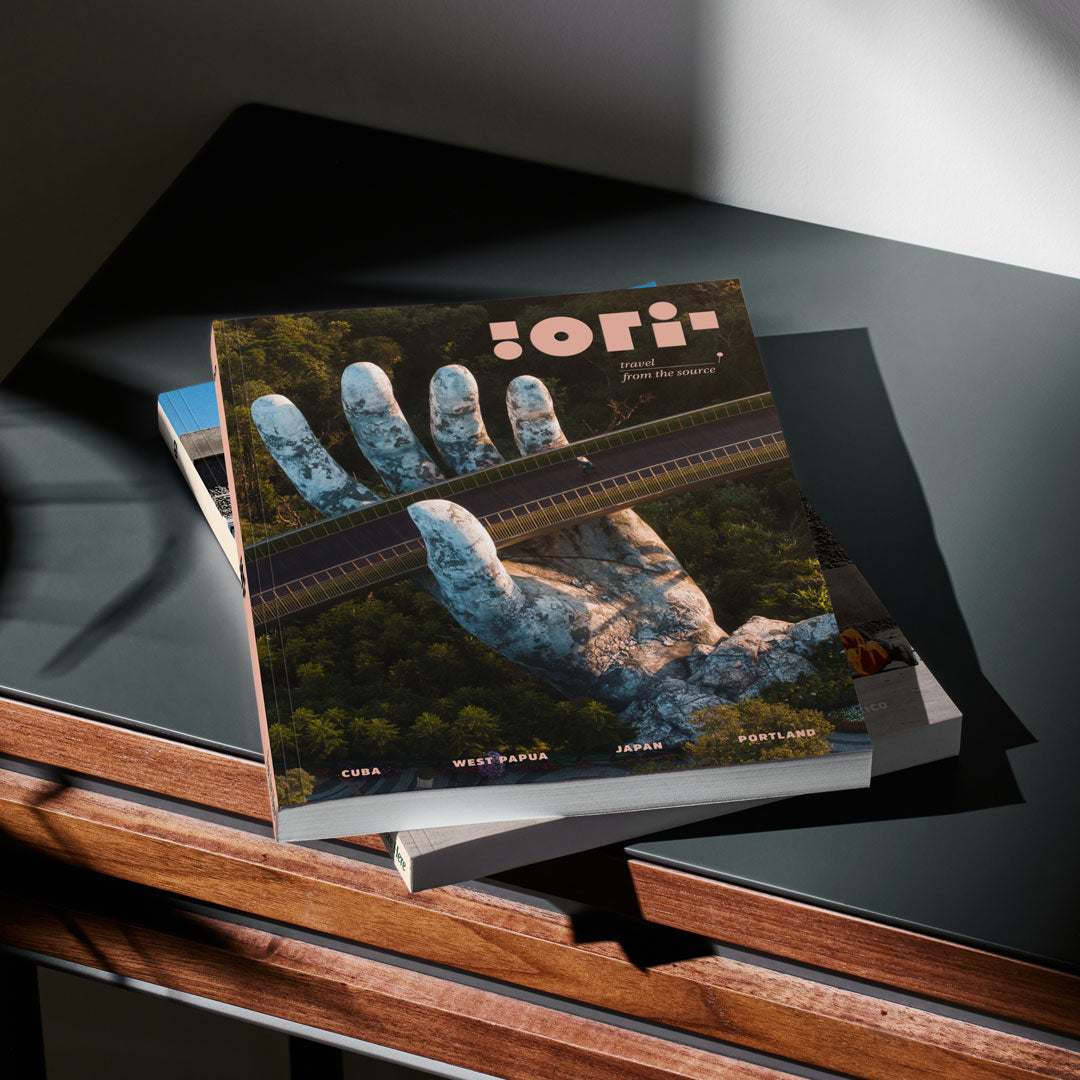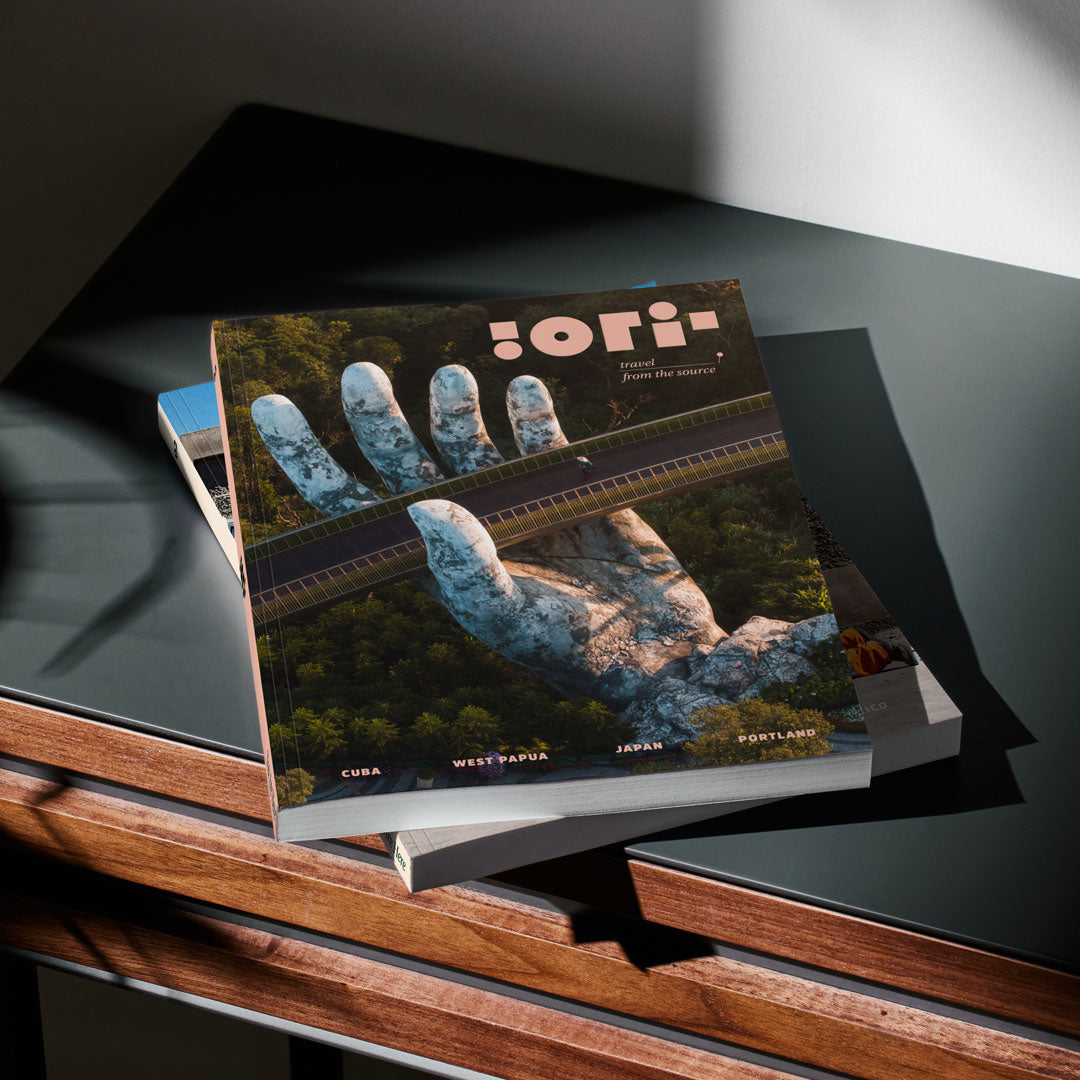Words by Daniela Toporek
Fall in Montenegro snuck up on me: foliage painted in rich, warm hues, chiseled karst mountain ranges, and crystalline lakes cut from a blue I never knew existed. Just a three-hour flight from my London home, the country felt wild, like a culmination of every natural landscape on the map.
Within that beauty sits the country’s untamed heart, Lake Skadar National Park. The park’s namesake lake forms the border with Albania and is the largest freshwater lake in the Balkans. It is ringed by steep mountainsides, and home to ancient villages, sweeping vineyards, and over 280 species of birds. On the outskirts, just a 20-minute drive from Podgorica airport, sits Montenegro’s newest sustainable lodging, Oblun Eco Resort.

Oblun is situated discreetly among the shade of tall and well-preserved woodlands near Lake Skadar. It was founded by Goran Brnovic, who was born in Montenegro, but moved to London years ago for work.
Missing his home, the 55-year-old native has returned with hopes to reconnect with his roots and the vast Montenegrin landscape. He inherited property near Podgorica that’s been in his family for generations, and with it, opened a haven for tourists and local visitors—a conservation space of land and heritage.
Oblun is made up of three glamping tents and a mirrored cabin (each on their own platform), an outdoor space for 13 camper vans (with electrical outlets) and green plots for traditional camping. There are large, public bathrooms and showers that use an eco-friendly BIOTIP PP water treatment system, along with solar panels to take advantage of one of the sunniest areas in the region (Podgorica gets around 240 to 260 sunny days per year). There’s also Odiva, the on-site restaurant, and a 120-year-old restored family villa available to book with a terrace overlooking Lake Skadar’s expansive valleys.

On the day of our arrival to his forest oasis, Goran was standing next to his hip, electric Volkswagen van alongside his niece and assistant, Millica. Waving us over as his wavy grey locks bounced in the afternoon sun, he unleashed an infectious smile. They were at our side, welcoming us, before we could even open the car door.
“This whole concept was built to make people feel good in nature while we protect it,” Goran told us, “because nature is our diamond and we have to look after it.”
While he intends to provide a luxury outdoor experience that showcases the best of Montenegro, Goran’s core mission with the eco-lodge is to protect, preserve, and sustain this fragile environment and close-knit community.

“Montenegrins are very proud of their country, their land and what it offers, and I think we’re eager to share it, but responsibly,” he said. “Imagine being able to save all the trees by building a platform around them rather than knocking them down or disturbing the surroundings. Then, you can put up tents and even cabins, depending on size and style.”
The tents at Oblun were modern, spacious and serene. Tent sizes ranged from small, medium or large, and were spoiled with AC, private bathrooms, and outdoor furniture for stargazing in a country with one of the lowest light pollution levels in Europe.
“We didn’t move a single stone or tree to set up our tents,” Goran said. “Each space was thoughtfully designed to harmonize with its surroundings while leaving the environment undisturbed.”
Reminiscent of California’s Invisible House in Joshua Tree, Oblun also offered a mirrored cabin. It was the resort’s most modern accommodation, offering contemporary camouflage,and reflecting its leafy surroundings from the outside, giving complete privacy from curious onlookers. Inside the cabin, each wall was a window with panoramic views of the autumn-colored forest with all the fine finishing of the tents, in addition to a kitchen area and fridge.

But Oblun’s real gem was the onsite restaurant, a Montenegrin celebration of seasonal ingredients grown within the property’s multiple gardens, blessed with 110 olive trees and a vineyard where Goran produced Odiva—his own brand of wine.
Goran was very adamant about where he sourced the rest of his ingredients. The fish were caught fresh from nearby lakes. Homemade cheeses were brought from Goran’s neighbors, less than a mile away from the resort, and prosciutto was purchased less a few minutes’ drive away, from a family-run butcher operation.
“We try to connect and support as many independent businesses as we can to showcase our cuisine,” he asserted. “It’s very important that we create a short menu with great ingredients. For example, from one potato, you can make hundreds of different dishes—we just need to be creative. We want people to have a connection with Montenegrin produce and agriculture. Everything organic—from seed to table.”

Circling a five person table on the terrace of the family villa—the largest of Oblun’s accommodations—we sipped glasses full of Oblun’s homemade reds and whites, toasting our good fortune. We dug into grilled fish, borek—a phyllo pastry filled with seasoned meats or cheese—and priganice—fried and addicting Montenegrin doughballs served with local cheeses, honey, and prosciutto sliced before us by Goran himself.
We dined al fresco among Montenegro’s verdurous land, surrounded by pastel, sunset skies. Between conversation, our guide, Vesna, reminded us of a common Montenegrin saying, “samo polako”. Just slow down. A grateful silence fell upon the table. Glass in hand, I took another sip of Odvia, letting the advice linger a while longer.
